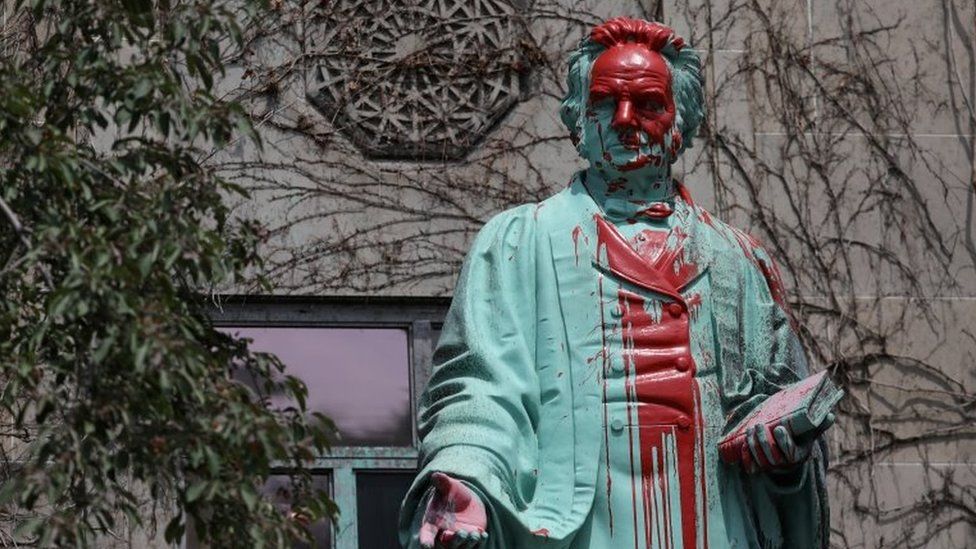Contemporary discourse is saturated with one word: “crisis”. It is applied to every problem we encounter. If you google the term, you will be informed that there is a mental health crisis, a climate crisis, an office vacancy crisis, a digital addiction crisis, a Canadian journalism crisis, an American border crisis, a social media crisis, a “Pretendian” crisis, and an institutional knowledge crisis.
This is absurd, and has reached the point of hilarity. An office vacancy crisis – really? Are we seriously expected to believe that every one of these phenomena is a crisis? What definition is being used? How many times can this word be employed before it becomes unmoored from reality and loses any actual meaning at all?
Rarely, something does merit the word “crisis”. I think the (immigration-driven) housing crisis fits the bill. How do I know? Because we would be extremely worried about it even if we weren’t being told to. People know a crisis when they see one.
This is not to say that issues like mental health and digital addiction are not problems. But the unnecessarily melodramatic terminology employed by social media influencers, podcasters, and syndicated columnists is putting nerves on edge and keeping us in a prison of panicked inaction.
Indeed, post-Covid discourse appears to basically consist of attempting to induce in one’s readers or listeners a state of constant anxiety (and in getting them to pay a monthly subscription for that privilege, if possible).
Let’s take the example of population. In 1968, Paul Ehrlich published The Population Bomb, sounding the alarm bells over a rising global population, which he predicted would lead to global famines. The book kicked off a several decades long panic about overpopulation, but its dire predictions did not come true. In fact, the world’s population is now forecast to level off and decline.
Did humanity learn its lesson that global population trends are hard to predict? Are you kidding, how could you grab attention with a boring statement like that?
On the contrary, writers and YouTubers (and Elon Musk) are now very confidently informing us that the world’s population is on the brink of collapse. Using terms like “human extinction”, they conjure up images of a dreary future devoid of children, and of Homo Sapiens going the way of the Dodo bird and the giant sloth.
It is far easier to distract one’s audience with far-fetched crises and apocalypse scenarios than to remind them of the all-too-real, slow-moving problems which are making this country a little bit worse every day.
Problems like grinding poverty, rising debt, environmental degradation, the subversion of elections by foreign agents, the entrenchment of lobbyists in government, woke indoctrination in classrooms, and an out-of-control immigration policy which is overburdening our public services and erasing our national identity.
The good news is that, unlike the office vacancy crisis, these are real problems which can be addressed with concrete actions: pressure your MP, run for school board, circulate petitions.
Let’s keep ourselves tethered to reality.
Editor’s note: My Counter Current column is published once every two weeks in the Islands Marketplace paper on Salt Spring Island (islandsmarketplace.com/issue.pdf). This piece was published on May 17th, 2024.
All content on this website is copyrighted, and cannot be republished or reproduced without permission.
Share this article




